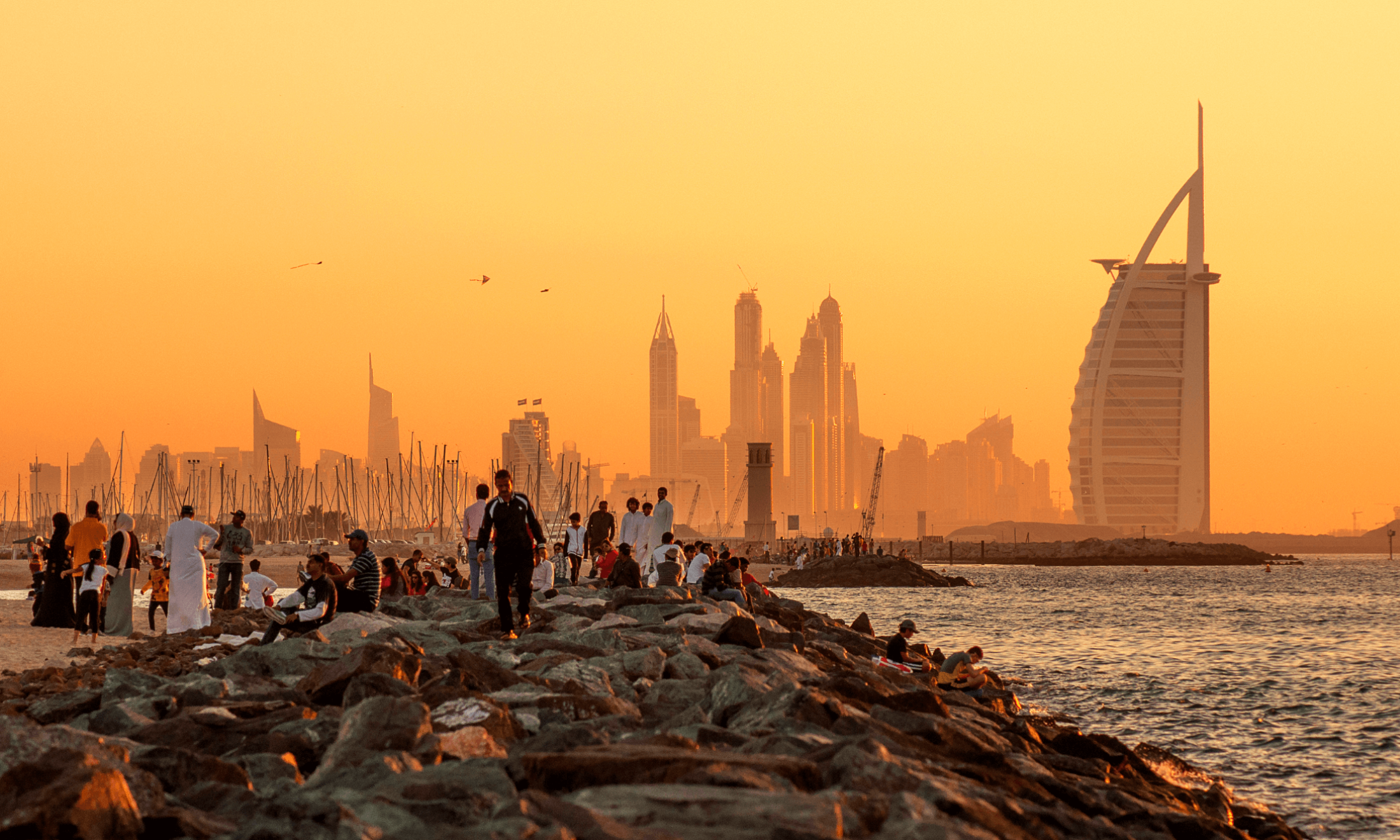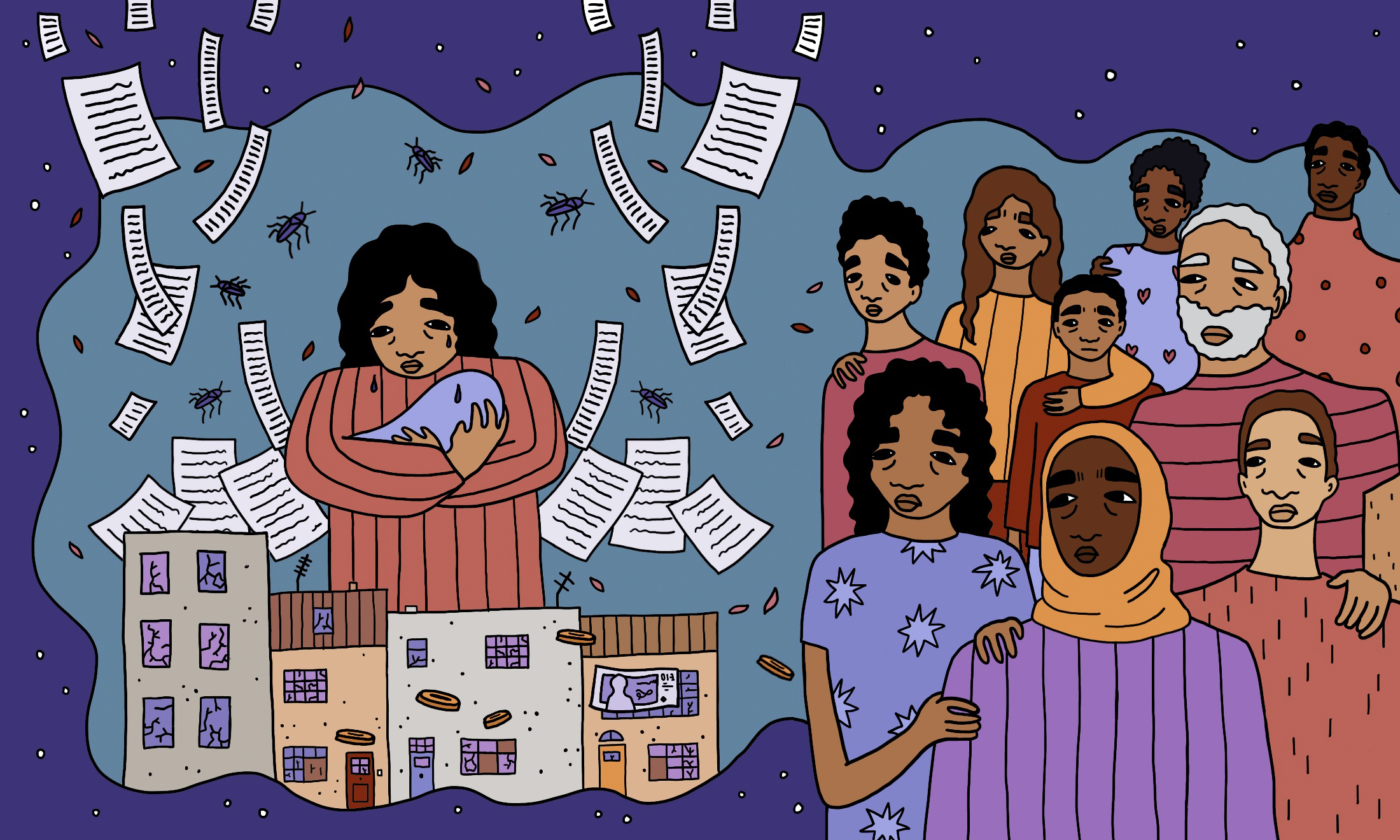
The housing crisis is not only changing the landscape of London, it’s changing the faces which populate it, and pushing out low-income groups. Estates built for the working-class have become residential hotspots, prime land that can be easily sold off to build luxury flats and expensive artisan streets targeting moneyed residents. This shift is not gentrification, which limps along slowly— this new phenomenon is described by Anna Minton as “a new politics of space. Replacing the politics of class”. Whichever way you slice it, it’s no surprise that the poor still lose out.
The type of clearance exemplified by the HDV gets rid of people fast, making it difficult for existing residents on low-incomes to stay put
Tottenham is next: the Haringey Development Vehicle (HDV) is a 20 year plan to demolish and rebuild a “better” Tottenham, through a deal between the council and the private developers Lendlease. The council hope to sustain a “50/50 partnership”, meaning that in exchange for council land, Lendlease provides cash and “development expertise”. The council’s website promises that changes in the area will benefit locals — in the form of homes and jobs. However, other developments in the city, like Woodberry Down Estate have demonstrated that a plan of this kind is driven by a concern for profit, not people. The type of clearance exemplified by the HDV gets rid of people fast, making it difficult for existing residents on low-incomes to stay put.
When estates in Tottenham have been neglected and in disrepair for many years. We must ask why the council is choosing to now demolish homes, rather than improve them? Campaigners who are fighting to protect their local area feel that “regeneration” has gone a step too far.
In Lynsey Hanley’s new book, Respectable, a personal exploration of class in Britain, she notes:
You endure something in the assumption that there is no alternative […] You reject something because you believe there is something better out there, even if you don’t know what it is.
The group campaigning to stop the Haringey Development Vehicle, Stop HDV, think there is an alternative to demolition. Without knowing what the future holds, they are confident in rejecting the plans because they believe it would be “better” to retain the community that they have, and to stay in the area. The council asserts that the residents in Tottenham deserve improvements such as new markets, coffee shops, and fun creative projects. In reality, should these additions be at the expense of their homes and a community they have built?
Far worse and chilling is the fact that the council simply cannot guarantee the return of tenants to their homes
Migrants like my parents who came to London 30 – 40 years ago have worked hard to build lives here. They are proud of what they’ve achieved, and should be able to finally enjoy their environment. If the HDV goes ahead, many will be shifted around like cattle with little concern for their needs or histories. There is little evidence that thought has been given to the possible decline of residents’ mental state and health throughout the building, roadworks and displacement. Far worse and chilling is the fact that the council simply cannot guarantee the return of tenants to their homes. Lendlease who are building the homes will make decisions that are inevitably guided by money.
There is precedent for this anxiety: Lendlease were the developers behind Heygate Estate. In the Heygate Estate project 1,034 homes existed before development, and of the 2,074 homes available after the rebuild, only 82 were for social rent. For those who owned their flats, the figure that Southwark Council offered for a one bedroom was not enough to even buy a new studio flat in the area. It would arguably be simpler to refurbish buildings for the people who currently live in Tottenham, and use available spaces like warehouses to rebuild new homes.
Corbyn highlighted concerns that, “too often what [regeneration] really means is forced gentrification and social cleansing”
Aditya Chakrabortty’s recent articles for the Guardian have been vital in invigorating the debate on how low-income groups in areas like Tottenham are being treated— or mistreated. If all of these redevelopment plans (as listed on the council’s website) go ahead, with many losing their homes and businesses in the process, will we soon no longer recognise Tottenham? Now is the time for those in power to ensure better housing policies and better outcomes from redevelopment schemes.
Corbyn’s speech at the Labour party conference is just what we’ve all been waiting for. He focused on ‘regeneration’, and highlighted concerns that, “too often what [regeneration] really means is forced gentrification and social cleansing”. Going forward, under a Labour government, Corbyn proposed that “regeneration will be for the benefit of the local people” and that residents on estates will be given the right to return to their homes on the same terms. In addition, councils will need to win a ballot from the existing residents before any redevelopment schemes can begin.
This approach opens up a space for the groups who have already been at work for a clear route out of this housing mess. Focus E15, a group of mums who together stood up to Newham Council after they were told to move out if they couldn’t afford to live in the area, have long since demonstrated the power of standing up to evictions of low income groups; what is effectively social cleansing. Similarly, StART Haringey, a Community Land Trust, wants to build homes for local people and involve residents in the process.
The attention and momentum for this kind of vision are building, so there’s hope. We have seen enough “regeneration” schemes. Take down the signs; stop the clearance. London and Haringey should be for everyone.
The Judicial Review on the Haringey Development Vehicle takes place in the High Court on The Strand in London on 25 and 26 October 2017. You can donate to the legal fund here: https://www.crowdjustice.com/case/stop-hdv/

Britain’s policing was built on racism. Abolition is unavoidable

How Pakistan’s Khwaja Sira and transgender communities are fearing and fighting for their futures

Their anti-rape performance went viral globally. Now what?






